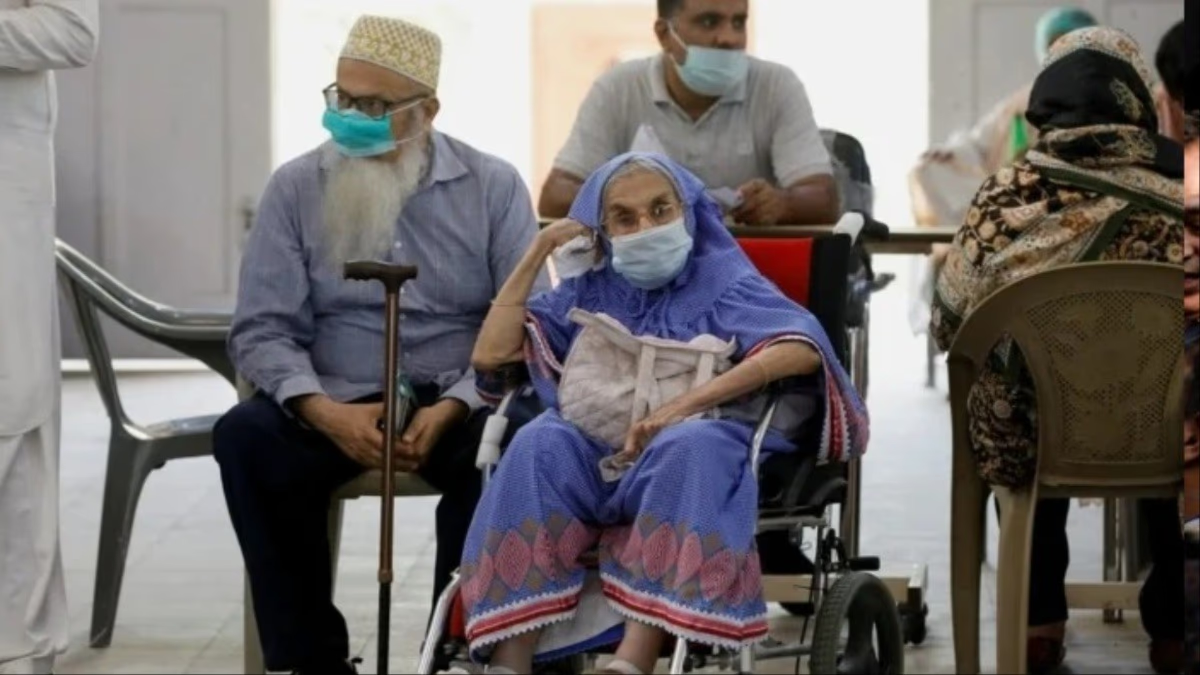Coronavirus has started to show its impact in China’s close ally, Pakistan. In the past fortnight, deadly encounters with COVID-19 have claimed the lives of at least four individuals in Karachi. According to local media, the deceased were primarily elderly with compromised immune systems and pre-existing health conditions.
The News, a prominent Pakistani newspaper, reported that all fatalities occurred at the Aga Khan University Hospital (AKUH), which is witnessing an influx of COVID-19 patients. Health experts indicate that it is unusual for cases to rise during summer.
Dr. Syed Faisal Mahmood, a notable infectious disease specialist at AKUH, remarked on the upsurge of COVID-19 admissions. He noted, 'We are witnessing daily admissions of COVID-19 patients.'
The Peculiar Wave of COVID-19
Describing the current wave as 'peculiar', Dr. Mahmood explained that respiratory illnesses like COVID-19 typically spike in winter. However, despite Karachi's scorching daytime temperatures exceeding 40°C, COVID cases continue to climb.
Dr. Mahmood elaborated, 'Historically, flu-like infections increase during winter, yet we are experiencing a surge amidst summer, which is unexpected.'
Respiratory disease expert Dr. Javed Khan shared that 8 to 10 patients displaying COVID-19 symptoms visit his private clinic daily. He noted, 'We have reported 8 to 10 positive COVID-19 cases daily since last week, with many patients having a travel history.'
COVID-19 Resurgence in Asia
Originating in Wuhan, China, in December 2019, the COVID pandemic swiftly engulfed the globe. The repercussions of the two major waves were devastating, claiming millions of lives and severely affecting global economies.
Just as the world was beginning to recover, COVID cases are resurging. In regions like Hong Kong and Singapore in Asia, the outbreak is causing heightened alert among health agencies.
India is also seeing an uptick in COVID cases. Cities like Mumbai, Chennai, and Ahmedabad are reporting new incidents.
The current rise is attributed to the coronavirus JN.1 variant and its sub-variants. To prevent further spread, maintaining hygiene, regular hand washing, and wearing masks, especially for those with weak immunity, are advised. If you experience a sore throat, insomnia, anxiety, runny nose, coughing, headache, fatigue, muscle pain, or general weakness, immediately consult a health expert.




